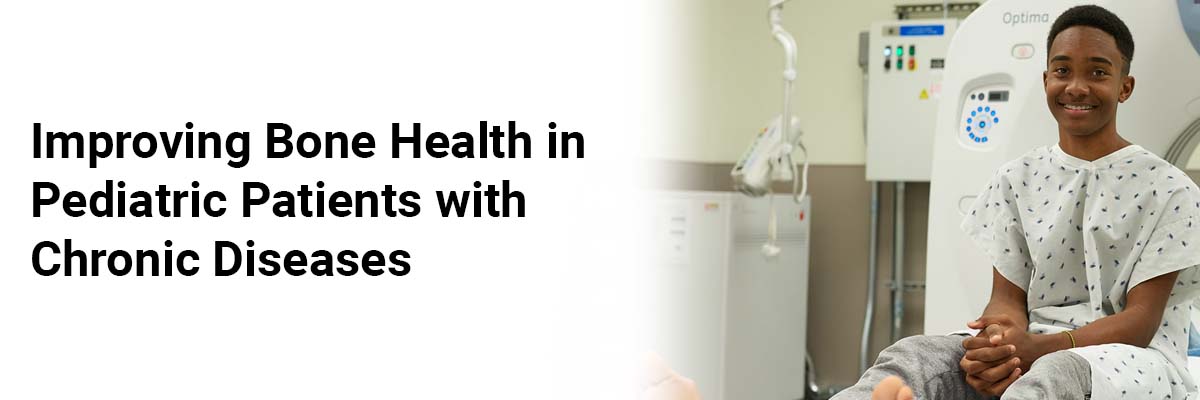
 IJCP Editorial Team
IJCP Editorial Team
Improving Bone Health in Pediatric Patients with Chronic Diseases
A recent
article emphasized the impact of chronic illnesses and diseases during
childhood and adolescence on linear growth, pubertal development, and bone mass
accrual. Various conditions, such as genetic disorders, cerebral palsy,
malabsorption, malignancy, autoimmune diseases, and chronic inflammatory
conditions, contribute to growth and pubertal challenges. Medical treatments
specific to these conditions can also adversely affect growth and puberty.
Non-communicable
diseases now account for over 60% of childhood and adolescent illnesses in the
developing world, with significant increases in inflammatory bowel disease
(IBD) reported globally. Longevity has increased, leading to more individuals
with chronic conditions surviving into adulthood. Monitoring and optimizing
growth and puberty are crucial for physical and psychosocial benefits and
mitigating the impact of adult health challenges.
The article
discussed factors that negatively affect growth, such as – nutritional
deficiencies, pro-inflammatory cytokines, hormonal variations, and reduced gene
expression. Impaired pubertal bone mass acquisition increases the risk of adult
osteoporosis. Glucocorticoids – the mainstay of treatment for many conditions,
contribute to growth failure, delayed puberty, and reduced bone health.
A
multidisciplinary assessment is essential for optimizing bone health in
children with chronic diseases. New therapeutic agents have altered disease
patterns, but their accessibility remains a challenge. Understanding normal
bone mass accrual and pubertal development is crucial for effective
interventions.
Bone
density assessment and peripheral quantitative computer tomography are tools
for assessing bone health. Pubertal trajectories must be observed or mimicked
through treatment for optimal height and bone mass. Interventions involve
achieving optimal control of the underlying disorder, nutritional support, and
considering hormone replacement therapy for pubertal induction.
Efficient linear growth and bone mass accrual require addressing the underlying disorder and providing adequate nutrition. Pubertal induction is crucial, and the choice of hormone replacement depends on the condition. Regular assessments ensure pubertal progress and various interventions are outlined for specific chronic conditions, including targeted bone therapies.
There exists a need for attention to normal physiological processes, risk reduction, prevention of deterioration, and knowledge transmission to families. Regular surveillance, evidence-based recommendations, and timely endocrine assessments are essential for long-term follow-up and transition to maintain gains and prevent deterioration.
Source:
Zacharin M. Indian Pediatrics. 2023
Nov;60(11):889-92.

IJCP Editorial Team
Comprising seasoned professionals and experts from the medical field, the IJCP editorial team is dedicated to delivering timely and accurate content and thriving to provide attention-grabbing information for the readers. What sets them apart are their diverse expertise, spanning academia, research, and clinical practice, and their dedication to upholding the highest standards of quality and integrity. With a wealth of experience and a commitment to excellence, the IJCP editorial team strives to provide valuable perspectives, the latest trends, and in-depth analyses across various medical domains, all in a way that keeps you interested and engaged.





















Please login to comment on this article